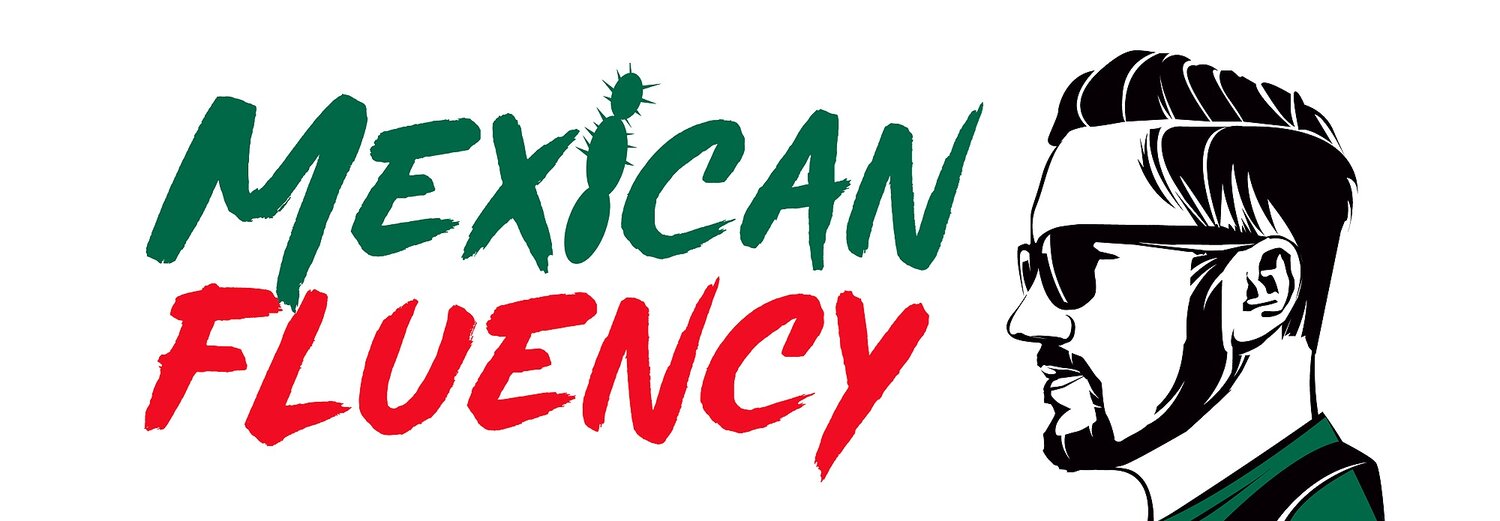The Richness of 'Cabrón' in Mexican Spanish: More Than Just a Word
In the world of language, context is king. One such word that stands as a testament to this truth in Mexican Spanish is "cabrón."
With its roots deeply embedded in the culture, "cabrón" can mean anything from an affectionate moniker between pals to a sharp insult. Let’s dive into its fascinating world!
A Peek Into Its Origins
Derived from the Spanish word for goat, ‘cabra’, "cabrón" literally translates to 'big goat'.
Historically, the term has undergone significant transformation, moving beyond its original connection to livestock and embedding itself firmly into Mexican colloquial speech.
From Goats to Greetings: Cabrón’s Multiple Hats
1) Affectionate or Comradely:
Among close friends, a cheerful "¿Qué onda, cabrón?" can equate to the English "What's up, dude?"
It's a sign of camaraderie, highlighting the importance of tone and relationship.
2) Adjective for "Tough" or "Cunning":
If you hear someone say "Ese examen estuvo cabrón," they're not talking about a goat-like exam but expressing that it was challenging. Similarly, "Es un cabrón para los negocios" celebrates someone's business acumen.
3) Insult or Reprimand:
Just as words can uplift, they can also wound. In confrontational contexts, a stern "¡No seas cabrón!" cautions the other not to be difficult or mean.
Its offensive edge sharpens when used to call out deceitful actions.
4) Expressing Surprise or Admiration:
Coming across something breathtaking might elicit an "¡Está cabrón!", capturing a sense of astonishment or deep appreciation.
A Dance of Regional Variations
While "cabrón" is quintessentially Mexican, its interpretation dances differently across Spanish-speaking nations.
In Spain or Puerto Rico, for instance, the word might carry heavier, more insult-laden undertones.
Reading Between the Lines
The beauty of "cabrón" lies in its duality. Its meaning pivots seamlessly based on tone, facial expression, and the nature of the relationship between speakers.
It's this very fluidity that makes it a favorite and also a word to approach with care.
A Word of Caution
To our readers looking to integrate "cabrón" into their vocabulary, a note of cultural sensitivity is paramount.
While it's a beloved term in Mexico, it's also loaded with potential for misunderstandings. Especially for those not steeped in the culture, it’s wise to tread carefully.
Finding 'Cabrón' Cousins Worldwide
Many languages have their versions of "cabrón" – words that depending on their usage, can comfort or sting. It's a delightful reminder of the tapestry of human expression that binds us all.
Conclusion
"Cabrón" is more than just a word; it's a cultural experience. It’s a window into the heart of Mexican colloquial speech and the vibrant interplay of language and emotion.
As we journey through Mexican Fluency, may we continue to embrace such nuances with an open heart and a keen ear.
Side note: Navigating the Nuances of 'Cabrón': For those wondering when to use (or not use) this versatile term, always prioritize understanding and respect.
Remember, when in doubt, it's better to ask or refrain!
